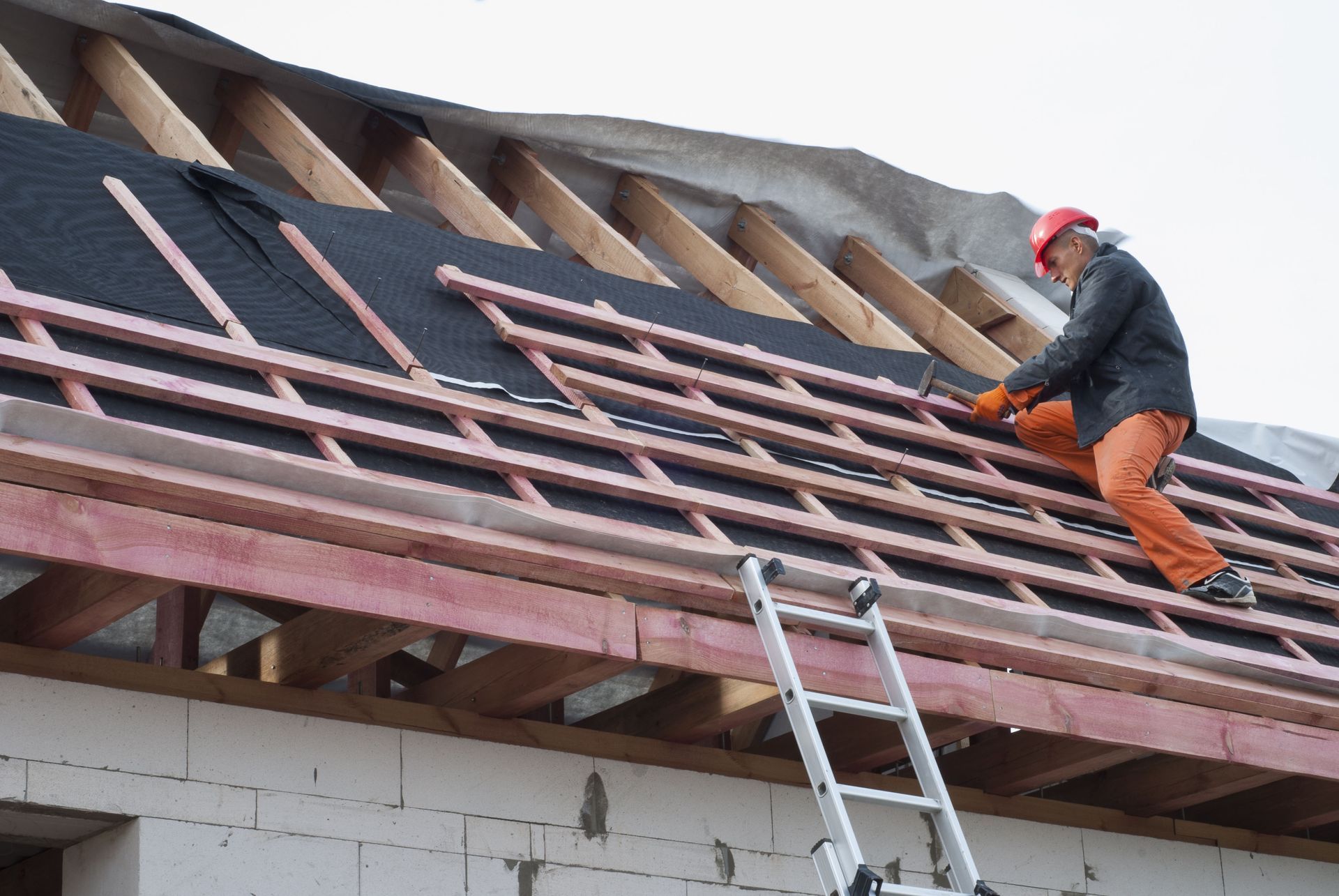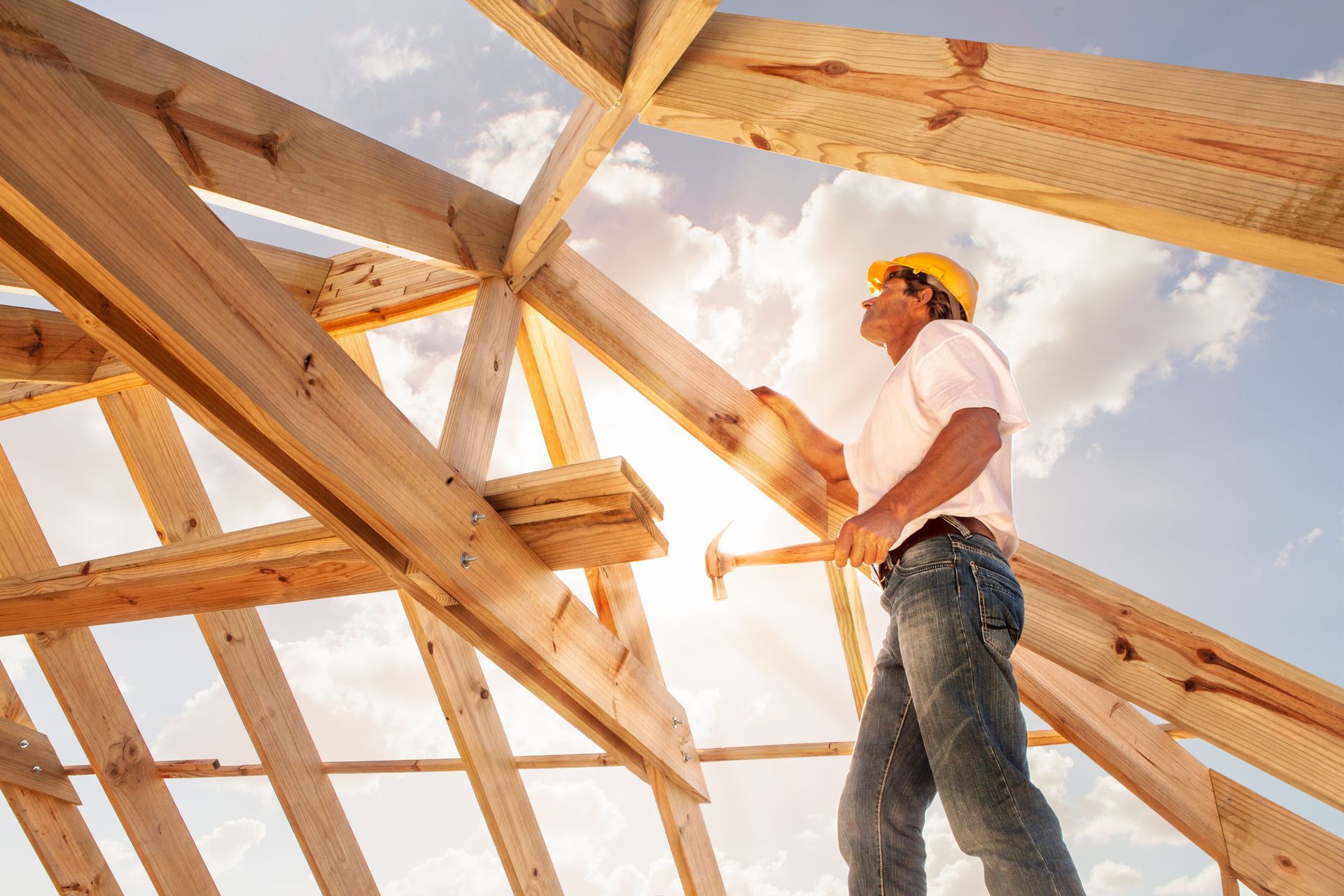Signs Your Residential Trusses Need Inspection
In this article, we will explore the signs that indicate your residential trusses may need a thorough inspection. Understanding these signs can help you maintain the safety and integrity of your home. Regular maintenance of these important structural elements protects your investment and ensures your roof provides the intended coverage and support. Homeowners should be proactive in recognizing potential issues that could lead to more significant problems in the future.
What Are the Common Signs of Damage to Roof Trusses?
Identifying damage early can prevent costly repairs. Common signs that your residential trusses may be compromised include visible sagging or bowing, cracks in the wood, or separation at the joints. These structural anomalies can lead to serious integrity issues if left unaddressed. Noticing these signs early places the homeowner in a better position to address repairs promptly and efficiently.
Also, if you are experiencing issues such as creaking or unusual sounds from your roof, it could mean that the trusses are under physical stress. This stress may arise from an overloaded roof, whether due to snow accumulation or the addition of heavy rooftop installations, such as solar panels. Waiting too long to address these noises may result in a more significant failure, requiring costly repairs. According to Fixr, a hip roof truss spans between 24 and 60 feet, so factor that into consideration.
How Often Should Residential Trusses Be Inspected?
Regular inspections can help detect issues before they escalate. Experts recommend scheduling an annual professional inspection of residential trusses. Professionals offer thorough evaluations to identify early signs of stress, damage, or moisture issues—helping you avoid costly structural repairs. Seasonal inspections ensure that any potential damage can be dealt with proactively. Regular check-ups can save homeowners from significant expenses incurred by extensive repairs or structural failures.
Additionally, it is wise to schedule an inspection after extreme weather events. Hurricanes, heavy snowfalls, and severe rain can cause unseen stress to the residential trusses. Inspections allow for early detection of damage that may not have been apparent before. By honing in on potential vulnerabilities in the structure, homeowners can make informed choices about maintenance.
What Factors Can Lead to Roof Truss Failure?
Understanding the contributing factors can help in preventive maintenance. One primary factor is the quality of the materials used during the initial construction. Poor-quality lumber can lead to premature failure of residential trusses. When considering renovations or repairs, it is important to use high-quality materials to mitigate risks effectively and ensure long-term stability.
Staying alert to warning signs and scheduling timely inspections can help preserve the integrity of your residential trusses and keep your home safe. Dogtown Truss & Components offers expert evaluations and tailored solutions to prevent small issues from becoming costly repairs. Learn more about how we can protect your investment and ensure the long-term strength of your structure.




Share On: